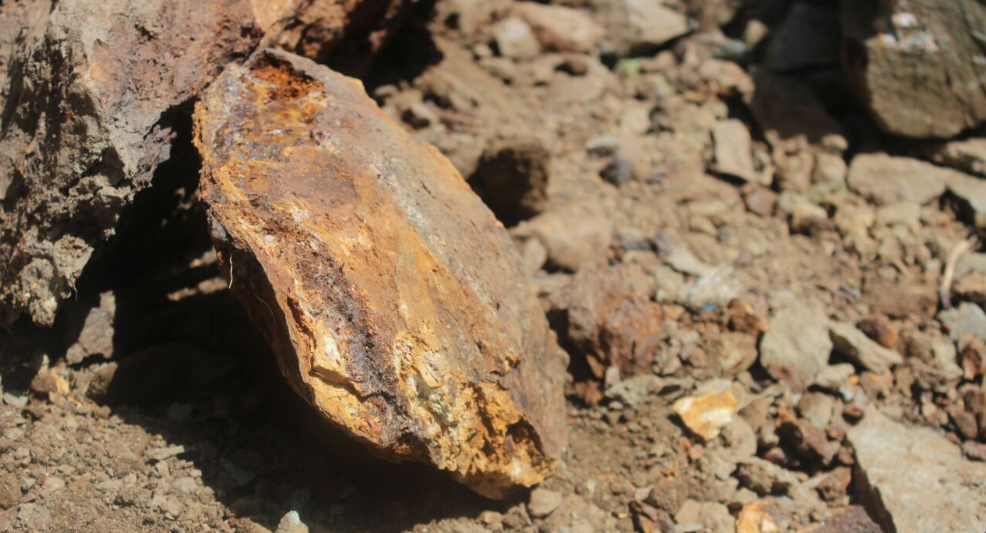The prevention of illness, injury and disease is an essential part of healthcare. We engage in healthy lifestyle habits such as exercising and not smoking to prevent obesity and lung cancer. We vaccinate our children regularly to stimulate immunity and thus protect them from disease. We educate young boys and girls in order to promote safe sex and thus prevent the spread of HIV and AIDS and other sexually transmitted infections. On the basis of this, there is remarkable evidence to show that prevention works better than treating a disease. If this is the case, the health care sector must lead by example by engaging in more sustainable practices that are aimed at preventing disease and promoting good health without compromising patient care and safety.
Hospitals produce enormous amounts of waste, but only a small portion (about 15%) is actually infectious or poses high risk. 75% – 85% of the waste is categorised as normal municipal waste
which has low risk to ill health, except of course if it is burnt. This should be music to the ears of hospital administrators, especially as the bulk of the money spent on treatment and disposal of medical waste is actually spent on the infectious waste. So, since you produce less, you should spend less. Unfortunately this is not the case, as hospitals in South Africa pay over the odds to get their waste treated and disposed of. There are two main reason for this: poor leadership and poor waste management practices.
The acceptable form of treatment and disposal of medical waste in South Africa is to burn it using incineration. This often leads to toxic fumes being released into the atmosphere at concentrations that are harmful to health when inhaled. Often, the incinerators cannot deal with the amount of waste coming, so it is turned away at the gate if it cannot be burnt immediately. Which is how it ends up in a residential area – as in the case of Roodepoort – or on the beach front – as in the case of Durban. The recent discovery of tons of medical waste, packed floor to ceiling in a suburban west Johannesburg house, as well as the tons of medical waste spread across Durban beach last year, has drawn attention to the problems experienced in the disposal of this waste stream. Hospital management needs to take up leadership responsibilities to ensure that waste is properly segregated to ensure that what gets to the incinerator is actually very little.
Those charged with the responsibility to ensure hospital waste is managed properly are the health care waste officers. They are not only trained in managing hospital waste but they are even mentioned in the Health Care Waste Regulations as “A health officer who is registered and qualified as an environmental health practitioner”. This group of professionals needs to be supported by hospital management so that they can do exactly what they are trained to do, which is ensure that health care waste is managed in such a way that it does not cause harm to the patient, staff and the community.
The idea of prevention of injury and disease is a key reason why health care waste management should be a priority in health care institutions.
Hospital management therefore needs to take more responsible and sustainable actions in dealing with their waste and the people responsible should be given the proper mandate and support to do this.
This article first appeared in Ground Work’s environmental justice action newsletter (Volume 19, No. 1 – March 2017). For the full newsletter visit http://www.groundwork.org.za/newsletters.php.



















































